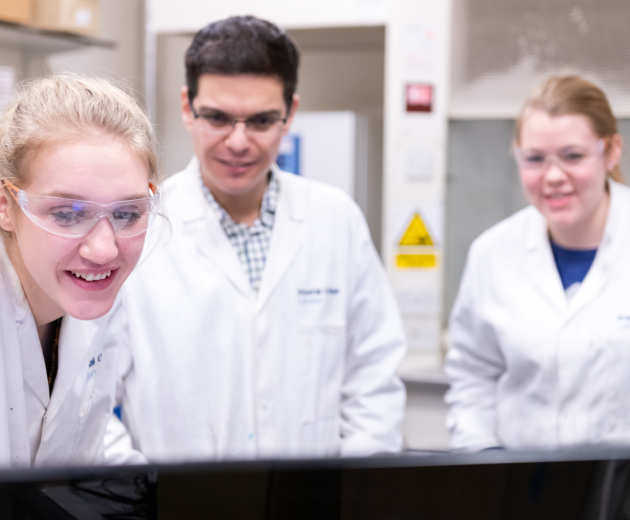Academic and Professional Identity
Change in Identity
In many ways postgraduate research study is different from all previous studies, especially when completing a research degree.
A research degree is the start of your transformation from being a ‘consumer’ of subject knowledge to collaboratively producing disciplinary knowledge. This is the point at which you start actively contributing to the available knowledge with your research and in so doing, help to define your discipline and establish your expertise.
This is a change in identity from being a ‘student of …’ to potentially becoming an ‘expert in …’. This can be a challenging transformation and usually involves more than just studying your subject. This change of identity not only involves acquiring knowledge and developing skills, but you should also start to think like a disciplinary expert. There will also be a more social component as you start to interact with others and become a more central part of your disciplinary community.

Attending relevant research conferences can be a good way of finding out about your wider disciplinary community. As you gain confidence, contribute to conferences and establish a network of colleagues and contacts beyond your immediate research group, you will become an established member of that community.
As part of your studies, the other key aspect pertaining to your development of academic and professional identity is through your thesis writing. This is because how we understand our discipline(s) is linked to our ability to ‘express through language in the written form’ (Hyland, 2013). In this way, academic writing is not a separate element but an integral part of the research process. The Centre for Academic English and the Graduate School provide a lot of useful resources to support you in this aspect.
Teaching
Teaching within your discipline area is an extremely valuable way of developing your professional identity. Not only is teaching likely to form part of any future academic career, it also provides skills and experience (and evidence) of an ability to communicate your growing expertise to a less expert ‘audience’. As a postgraduate research student there may be informal opportunities to teach, helping support undergraduate research projects by explaining how to use laboratory equipment or perform statistics, for example. Many postgraduate research students are involved in more formal, paid teaching as Graduate Teaching Assistants (GTAs); typically helping with undergraduate practical and tutorial classes.
Teaching is often a valued part of expected development as a postgraduate research student. Training and support is available to help you develop your teaching skills, most notably from the Graduate School.
Many professionals today have multiple identities, working between and across disciplines and taking on roles of researcher, teacher and entrepreneur. Postgraduate research study is where you start to move beyond just studying your chosen discipline and start developing the skills, competencies and confidence to take on these roles and develop your own professional identity.


